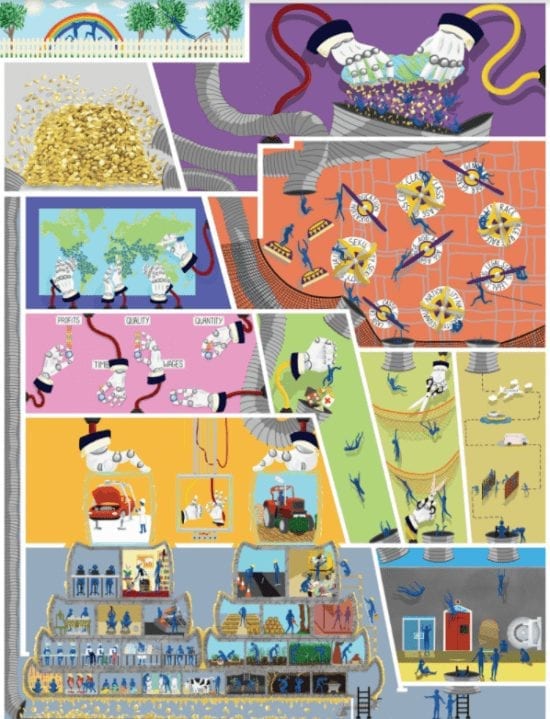
Confronting the Root Causes: forced labour in global supply chains
It is by now widely recognised that effectively tackling forced labour in the global economy means addressing its ‘root causes.’ Policymakers, business leaders and civil society organisations all routinely call for interventions that do so. Yet what exactly are these root causes? And how do they operate?
The two most commonly given answers are ‘poverty’ and ‘globalisation.’ Although each may be foundational to forced labour, both terms are typically used in nebulous, catch-all ways that serve more as excuses than explanations. Both encompass and obscure a web of decisions and processes that maintain an unjust status quo, while being used as euphemisms for deeper socio-economic structures that lie at the core of the capitalist global economy.
The question thus becomes: exactly which aspects of poverty and globalisation are responsible for the endemic labour exploitation frequently described with the terms forced labour, human trafficking or modern slavery? Which global economic processes ensure a constant and low-cost supply of highly exploitable and coerced workers? And which dynamics trigger a demand among businesses for their ex-
ploitation, making it possible for them to profit from it?
This 12-part report is an attempt to answer these questions in a rigorous yet accessible way. With it, we hope to provide policymakers, journalists, scholars and activists with a road map for understanding the political economy of forced labour in today’s “global value chain world.”
